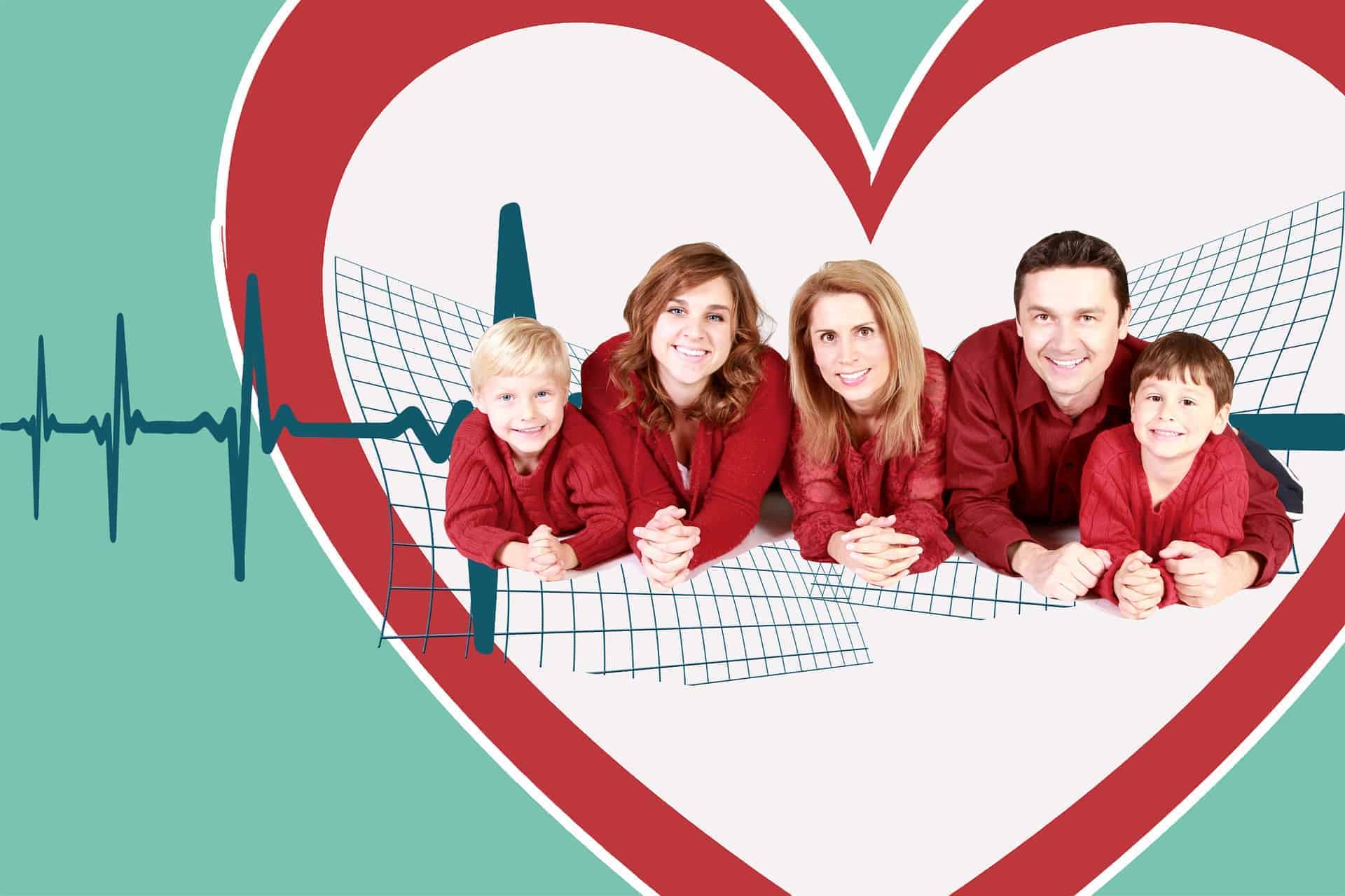The Family and Medical Leave Act (FMLA)
What is the Family and Medical Leave Act (FMLA)?
FMLA is designed to help employees balance their work and family responsibilities by allowing them to take reasonable unpaid leave for certain family and medical reasons. It also seeks to accommodate the legitimate interests of employers and promote equal employment opportunity for men and women.
FMLA applies to all public agencies, all public and private elementary and secondary schools, and companies with 50 or more employees. These employers must provide an eligible employee with up to 12 weeks of unpaid leave each year for any of the following reasons:
- For the birth and care of the newborn child of an employee;
- For placement with the employee of a child for adoption or foster care;
- To care for an immediate family member (i.e., spouse, child, or parent) with a serious health condition; or
- To take medical leave when the employee is unable to work because of a serious health condition.
Employees are eligible for leave if they have worked for their employer at least 12 months, at least 1,250 hours over the past 12 months, and work at a location where the company employs 50 or more employees within 75 miles. Whether an employee has worked the minimum 1,250 hours of service is determined according to FLSA principles for determining compensable hours or work.
Time taken off work due to pregnancy complications can be counted against the 12 weeks of family and medical leave.
Military family leave provisions, first added to the FMLA in 2008, afford FMLA protections specific to the needs of military families.
The New Jersey Family And Medical Leave Act (NJFMLA)
The New Jersey Family Leave Act entitles certain employees to take up to 12 weeks of family leave in a 24-month period without losing their jobs. With some exceptions, employers must provide this type of leave if:
- The employer has at least 50 employees (or at least 30 employees as of June 30, 2019), or is a government entity, regardless of size.
- The employee has worked for that employer for at least one year, and has worked at least 1,000 hours during the last 12 months.
- The leave of absence is being taken to care for or bond with a child within 1 year of the child’s birth or placement for adoption or foster care, OR to care for a family member, or someone who is the “equivalent” of family, who has a serious health condition.
Note that the New Jersey Family Leave Act does not provide leave for the employee’s own health condition. Employees may be eligible for additional leave under the federal Family and Medical Leave Act. Except when emergent circumstances require shorter notice, the employee must give the employer the following notice before taking Family Leave:
- For intermittent leave, at least 15 days’ notice;
- For consecutive leave to care for a newborn or a child placed for foster care or adoption, at least 30 days’ notice; and
- For consecutive leave to care for a family member with a serious health condition, notice “in a reasonable and practicable manner.”
- In emergent circumstances, the employee should give the employer as much notice as possible.
If you are looking for a qualified employee rights under the Family and Medical Leave Act attorney to work on your claim, please review the case types below.
Case Type
Violation of FMLA
Denial of FMLA
Employer Interference In Taking Medical Leave Under FMLA
Employer Retaliation In Taking Medical Leave Under FMLA
Illegal Employer Actions under FMLA
Do You Have a Claim?
Kindly contact us at 201-222-0123 or complete our inquiry form if you believe you have a case under the Family and Medical Leave Act, or other statutory state or constitutional law violations.

